Super Bowl or Super (Hyper)bole? Assessing the Economic Impact of America’s Premier Sports Event
The NFL has used the promise of an economic windfall to entice cities to bid for the Super Bowl. But the result is less than is often estimated.
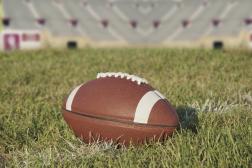
The NFL has used the promise of an economic windfall to entice cities to bid for the Super Bowl. But the result is less than is often estimated.
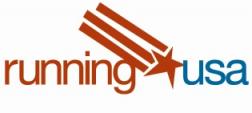
After experiencing 300% growth from 1990-2013, running event finishers in 2014 remains nearly consistent with the all-time record set in 2013.

The drought in California has affected golf courses, as well as the golf economy as a whole. This paper shows an interesting breakdown.

The importance of the non-affluent sports traveler to the economy of the leisure market.

Travel plays a critical role in the US economy. From sports and business that bring income to cities, to jobs created, travel is an economic driver.
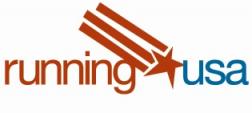
This report tracks trends for U.S. running events in 2013; includes non-traditional races, half-marathons, women's events and more.

This report provides information on the value of travel and tourism and how travel promotion strengthens economic vitality.
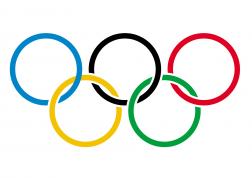
While much is promised to cities who bid on the Olympics, the reality may not live up to the hype.
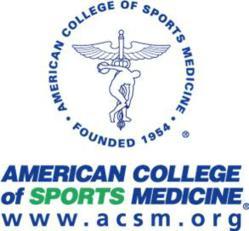
The American College of Sports Medicine has presented its study on sports and fitness trends for 2015, with insights into what drives the market.
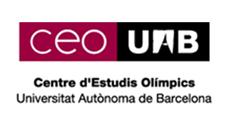
While some cities are shying away from hosting the Olympic Games, there can be little doubt of their tremendous impact on tourism.